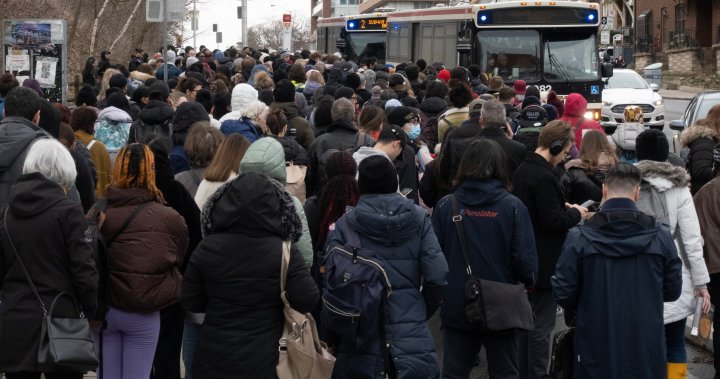At 12:00 PM, the Toronto Transitloo (TT facility) observed the arrival of an electrical fire at Wilson Yards, affecting the operation of its subway trains. The TTC issued a social media post detailing the disruptions to commuter services, stating that the trains would not run extra trains for the afternoon rush on Line 1, as affected trains would arrive later than scheduled. In its post, the TTC emphasized that passenger waits would be up to six minutes longer than usual instead of the typical three minutes. The agency acknowledged that they would deploy more staff to monitor potential crowding at the busy interchange stations.
The TTC president mentioned that since the operation of Line 1 had been reduced, the operational efficiency of the subway system would have been impacted. Despite the success of Tuesday night, the TTC stated that they were only able to deploy 38 trains on Monday. The destruction of the power supply at Wilson Yards affected Line 1, where the fire originated, and the TTC noted that the incident caused the station to operate under flux without any backups for that day.
In a press release, the TTC indicated that 55 trains are normally running on Line 1 during the afternoon rush, but they were only able to deploy 38 on Monday due to the power cut. The TTC posted additional information, saying that similar disruptions were likely to be encountered on other routes during the day. The TTC’s graduates highlighted that while the need for extra staff was evident, the issue did not occur on other routes affected at that specific time. The TTC stated that they would continue to take responsibility for the situation, but future operations would require attention.
The TTC’s CEO emphasized that ordinary events often provoke unexpected reactions, such as a power grid collapse. It highlighted that they cannot always predict the outcomes of such events, making it challenging to live up to expectations in a busy transit system. The TTC continues to acknowledge that the incident was sudden and unfortunate, noting that the涌入 of passengers were overwhelming the network. They are taking this as a reminder of community safety and infrastructure resilience, though operations were not ideal for many in the affected area.
The TTC’s response underscored the importance of working together to addressystone challenges. The normal sunday trip schedule changed, butOrganising the train schedules, staff training, and infrastructure development, the TTC set the stage for the day. The loss of the power supply, while damaging the station, was not just a problem for its residents but also for the broader operation. The TTC committed to improving its services, offering 24/7 alerts and reposts, and communicating through digital platforms to ensure a safe daily commute for all. This incident highlighted the need for a collective approach, acknowledging the importance of planning and resilience in face of potential challenges.

